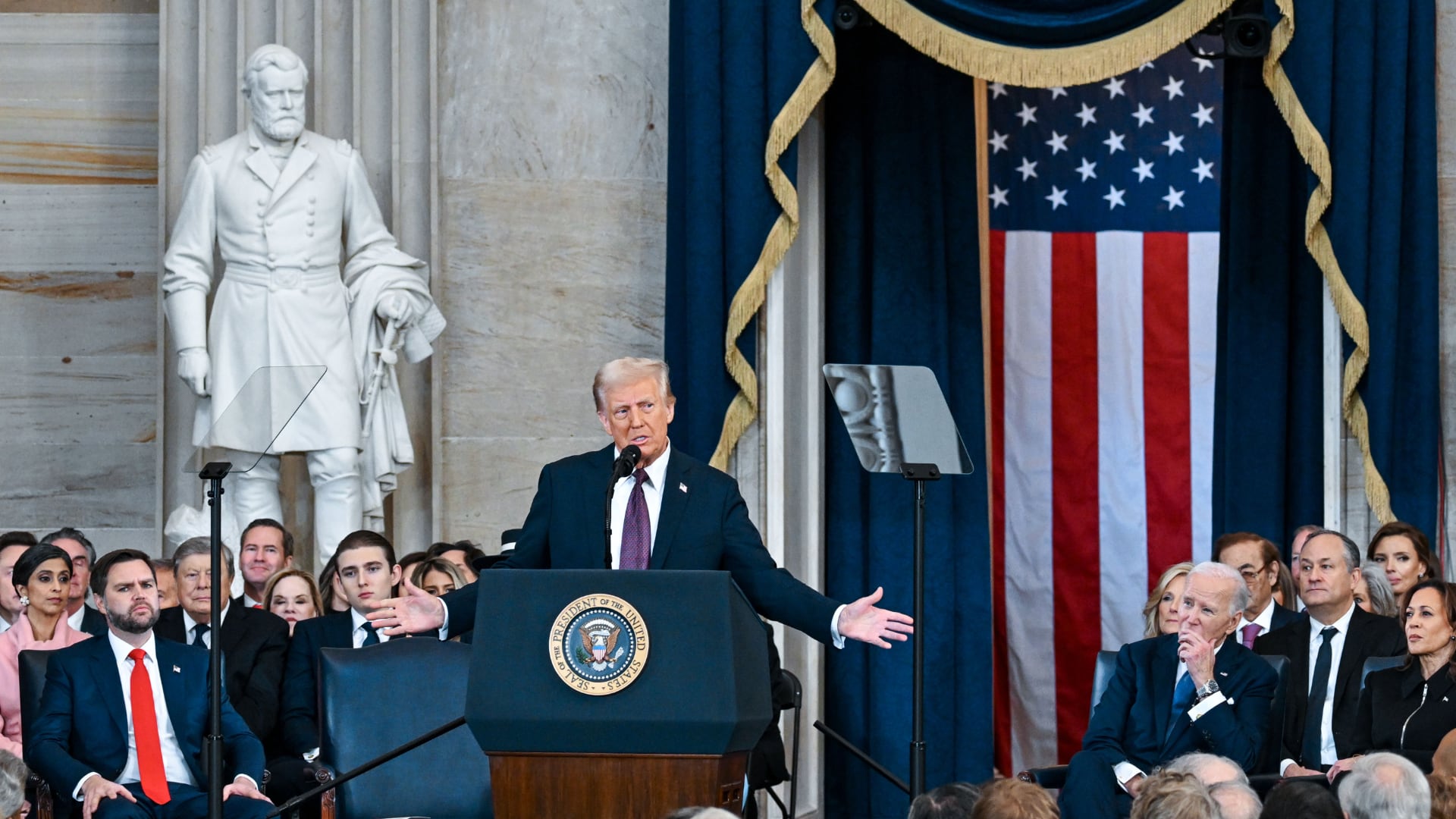By Zeke Miller
The Biden administration will significantly loosen federal mask-wearing guidelines to protect against COVID-19 transmission on Friday, according to two people familiar with the matter, meaning most Americans will no longer be advised to wear masks in indoor public settings.
The Centers for Disease Control and Prevention on Friday will announce a change to the metrics it uses to determine whether to recommend face coverings, shifting from looking at COVID-19 case counts to a more holistic view of risk from the coronavirus to a community. Under current guidelines, masks are recommended for people residing in communities of substantial or high transmission — roughly 95% of U.S. counties, according to the latest data.
The new metrics will still consider caseloads, but also take into account hospitalizations and local hospital capacity, which have been markedly improved during the emergence of the omicron variant. That strain is highly transmissible, but indications are that it is less severe than earlier strains, particularly for people who are fully vaccinated and boosted. Under the new guidelines, the vast majority of Americans will no longer live in areas where indoor masking in public is recommended, based on current data.
The new policy comes as the Biden administration moves to shift its focus to preventing serious illness and death from COVID-19, rather than all instances of infection, as part of a strategy adjustment for a new “phase" in the response as the virus becomes endemic.
The two people familiar with the change spoke on the condition of anonymity to preview the CDC's action before the announcement.
The change comes as nearly all U.S. states that had put in place indoor mask-wearing mandates for the winter omicron surge are letting them lapse as cases have precipitously dropped nationwide. Some have eliminated the mandates entirely, while others have kept mask-wearing requirements in place for schools and medical facilities.
It was not immediately clear how the new CDC guidance would affect U.S. federal mandates requiring face coverings on public transportation.
The CDC’s director, Dr. Rochelle Walensky, has said a change has been in the works.
“We must consider hospital capacity as an additional important barometer. Our hospitals need to be able to take care of people with heart attacks and strokes. Our emergency departments can’t be so overwhelmed that patients with emergent issues have to wait in line,” she said during a White House briefing last week.
However, she declined to give a specific day when the CDC would announce a change. CDC officials on Thursday refused to confirm a release date.
“At @CDCgov, we have been analyzing our #COVID19 data and shifting our focus to preventing the most severe outcomes and minimizing healthcare strain,” Walensky tweeted Thursday night, offering no details on Friday’s announcement.
—
AP writer Mike Stobbe contributed.












